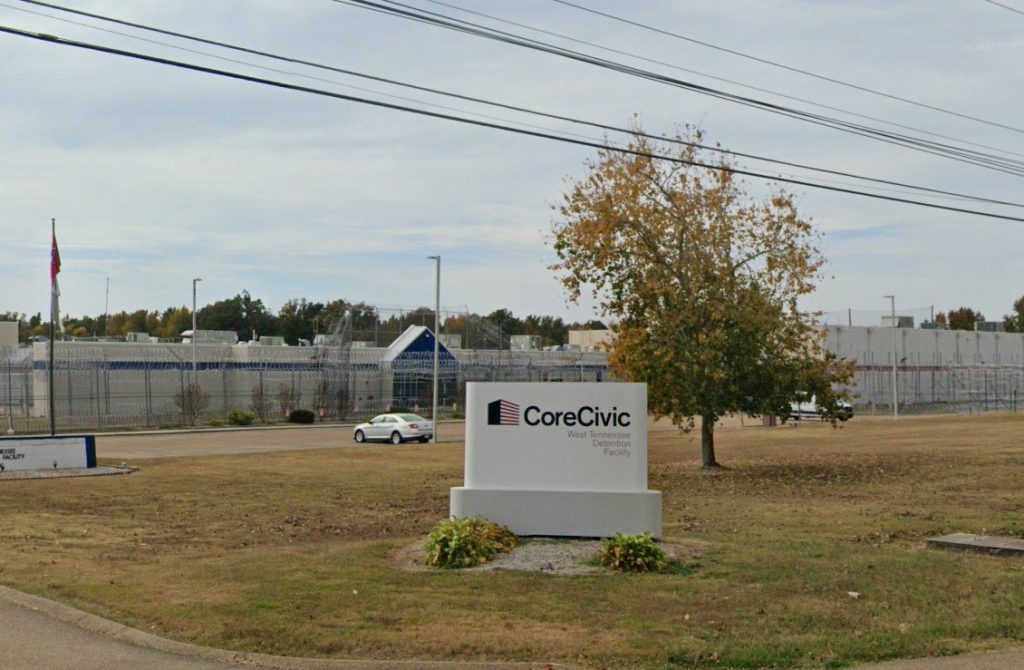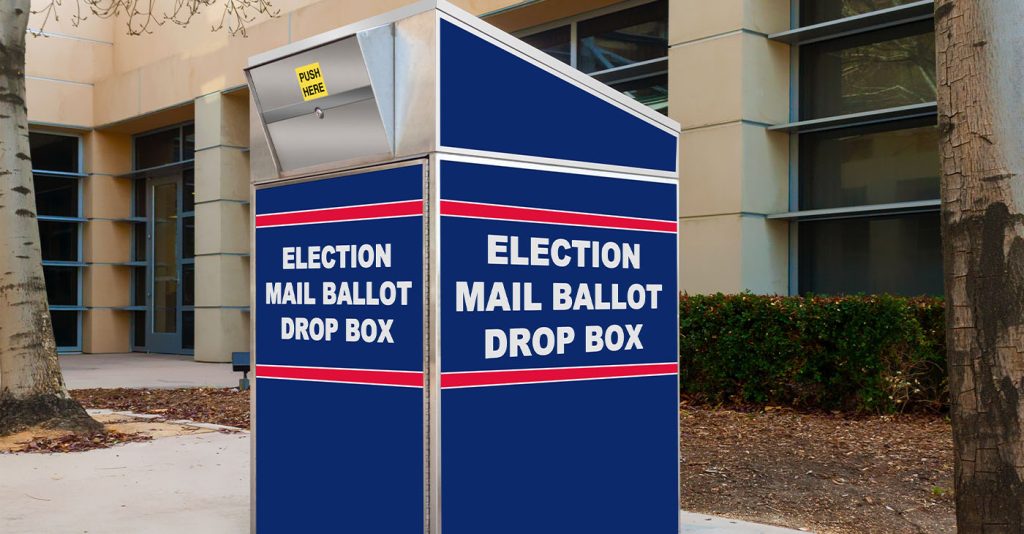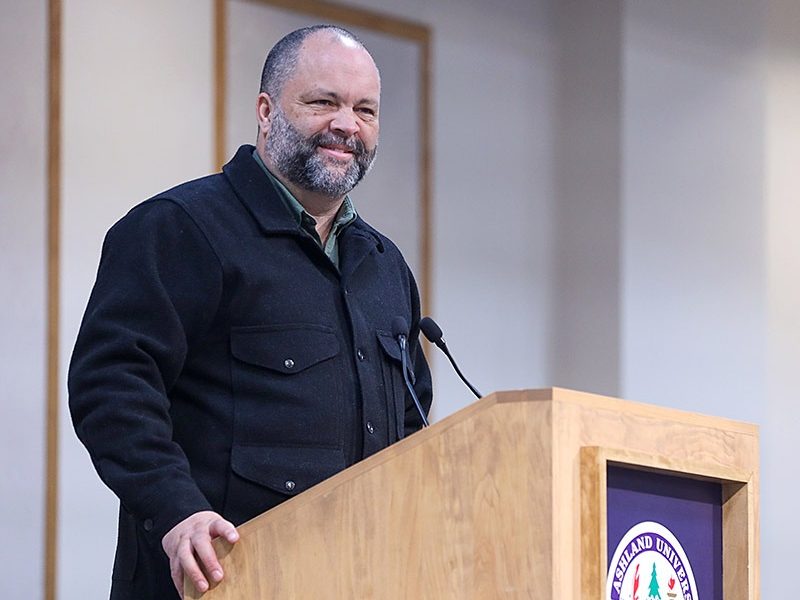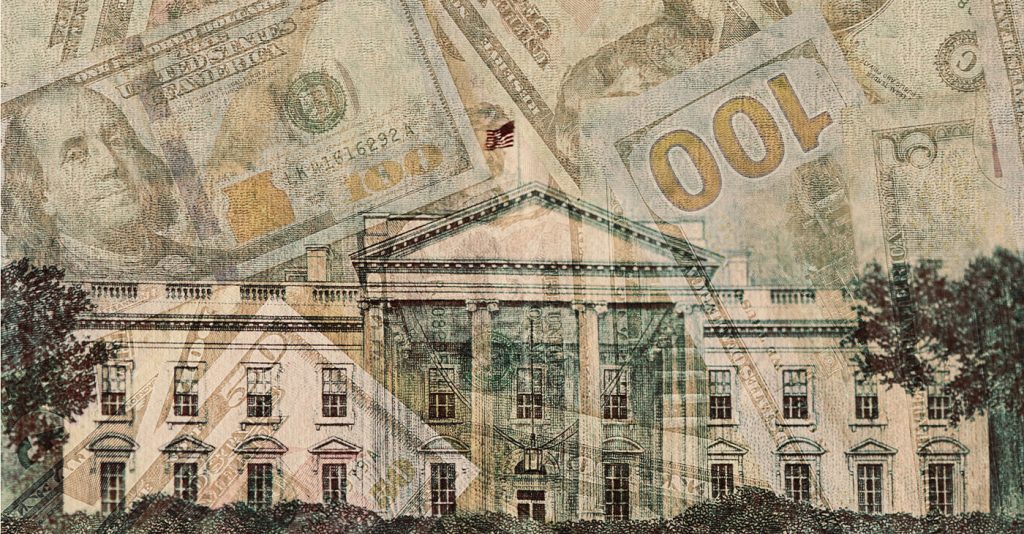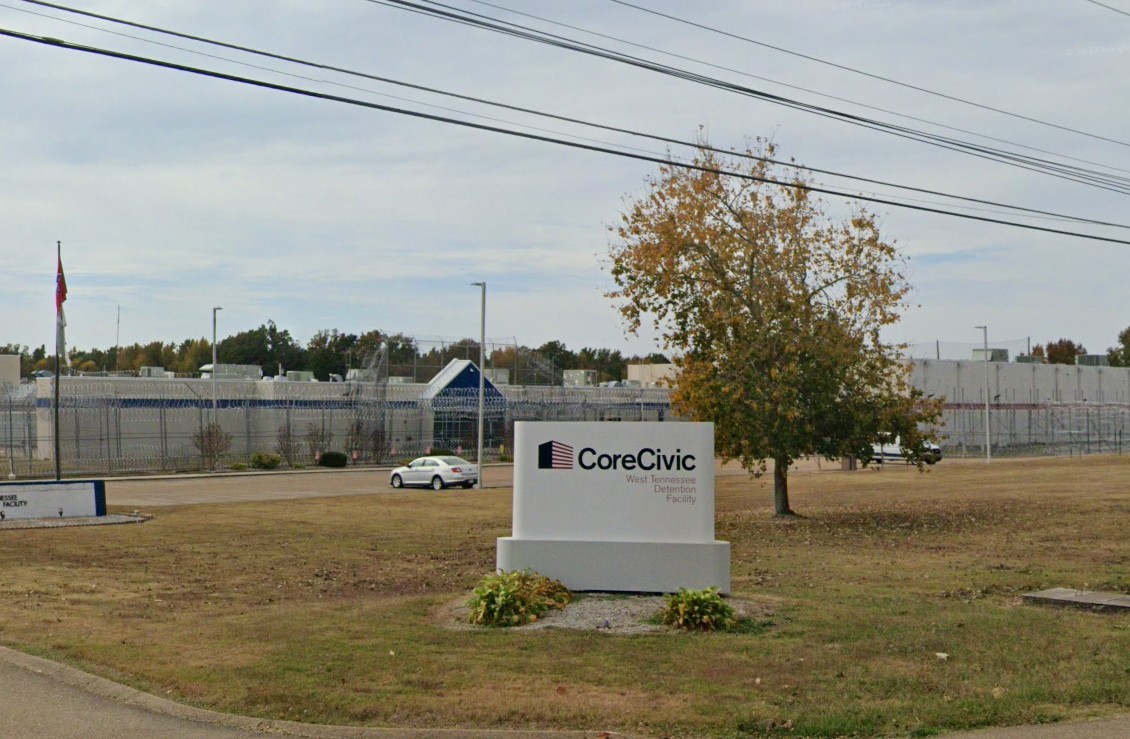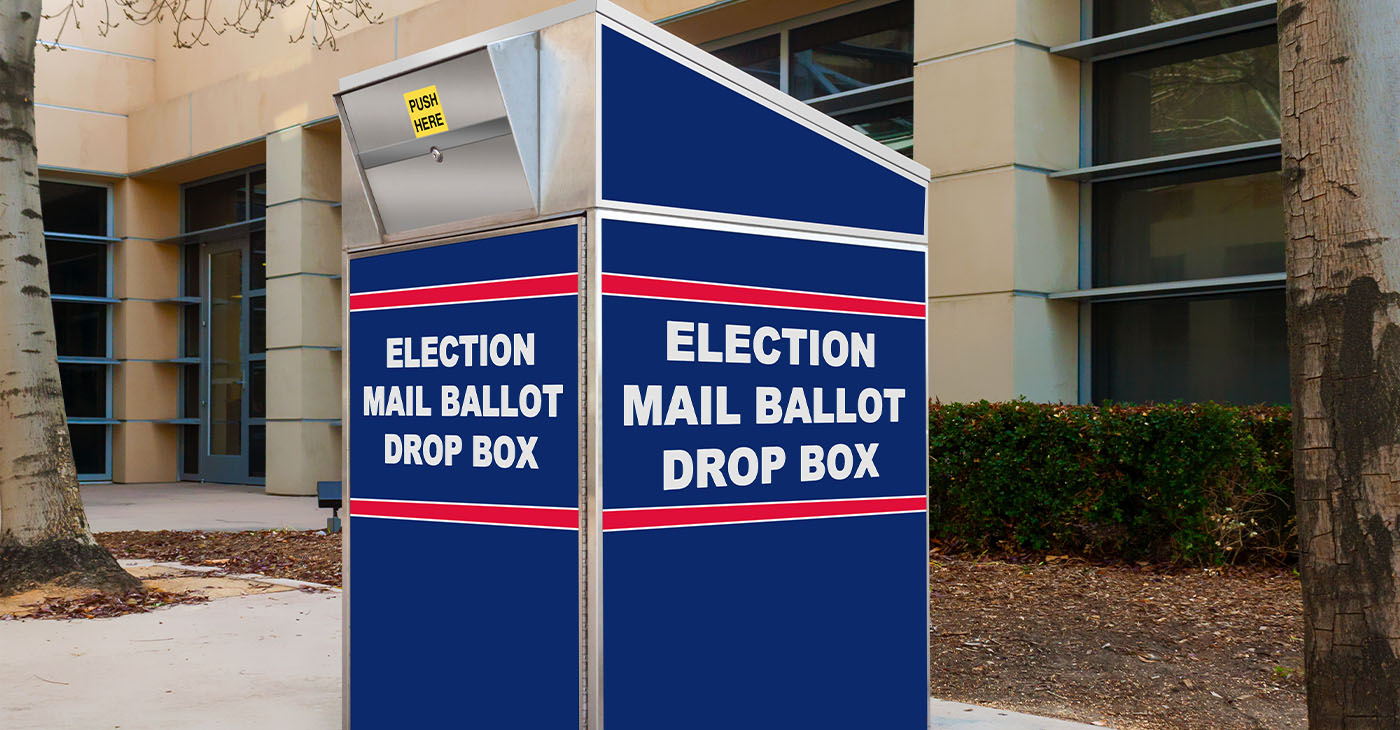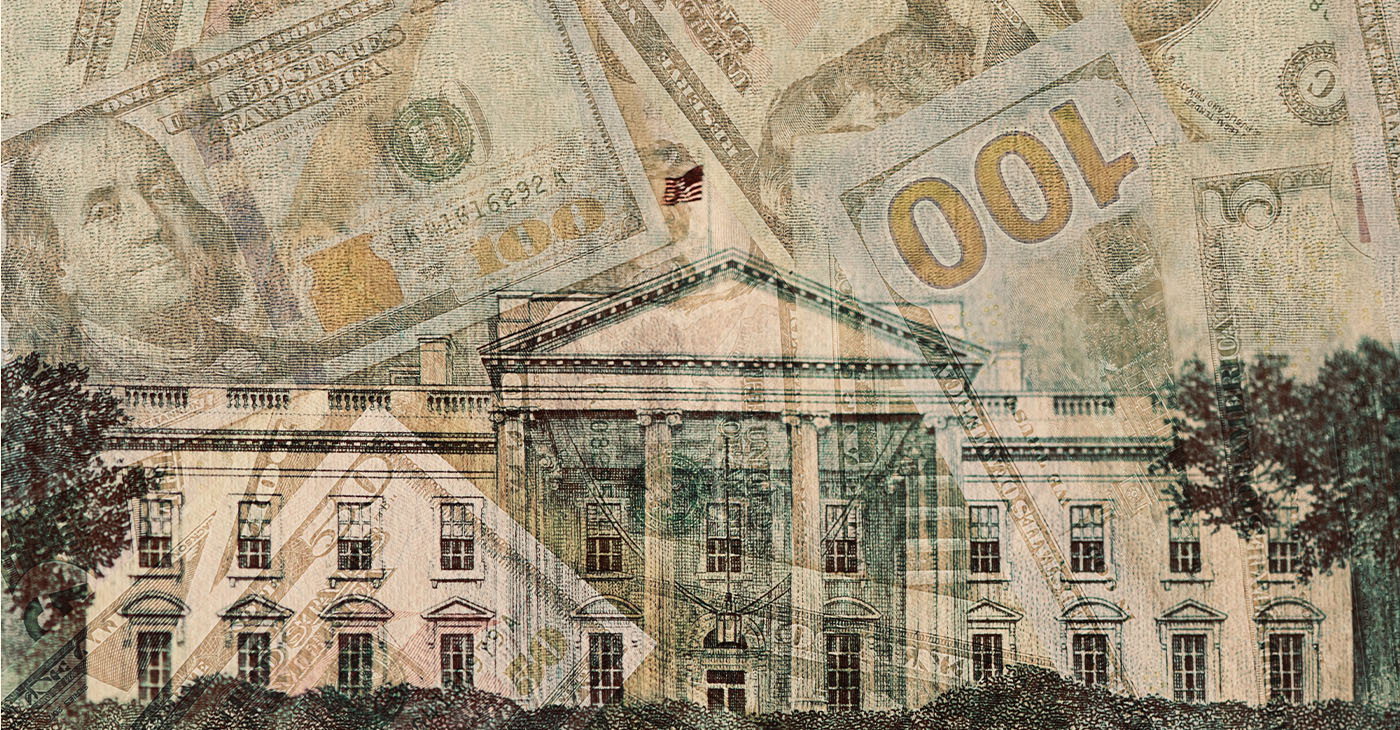
Last Wednesday marked the 60th anniversary of the Voting Rights Act, the landmark 1965 law signed by President Lyndon B. Johnson with Martin Luther King, Jr. at his side. Enacted at the height of the civil rights movement, the Act prohibited discriminatory voting practices and gave the federal government tools to prevent suppression, particularly against Black voters. Many historians regard it as the moment U.S. democracy became fully inclusive.
Over the decades, the law has protected millions of voters, fostering greater diversity in elected offices across the country. It was reauthorized with bipartisan support several times, most recently in 2006, when President George W. Bush signed an extension.
However, in 2013, the Supreme Court’s Shelby County v. Holder decision invalidated the ‘preclearance’ formula that required certain states and jurisdictions with histories of discrimination to get federal approval before changing voting laws. Within hours, several states announced new restrictions. The changes accelerated after the 2020 election, amid false claims of widespread voter fraud.
Today, the Act is again before the nation’s highest court in cases that could significantly limit its reach. In its upcoming term, the Supreme Court is scheduled to hear a North Dakota case that could determine who has the right to file voting rights lawsuits.
That case arose after the Turtle Mountain Band of Chippewa Indians and the Spirit Lake Tribe successfully challenged state legislative maps they said diluted Native American voting strength. A federal judge ordered a new district, and in 2024, Collette Brown, a Democrat and member of the Spirit Lake Tribe, won a legislative seat under the revised lines. She described the victory as a step toward greater representation.
But the 8th U.S. Circuit Court of Appeals later ruled that only the U.S. attorney general, not private individuals or groups, can bring cases under Section 2 of the Voting Rights Act. Voting rights advocates note that since 1982, nearly 87% of such claims have been filed by private parties. Without that ability, they warn, enforcement could be sharply reduced, especially if the Justice Department focuses on other priorities.
The Supreme Court has temporarily paused the 8th Circuit’s ruling while deciding whether to take the case.
The justices are also revisiting another major issue: the consideration of race in drawing congressional districts. In 2023, the Court upheld Section 2 in Allen v. Milligan, requiring Alabama to create a second majority-Black district. Now, in a similar Louisiana case, it has asked for new arguments on whether creating such districts violates the 14th or 15th Amendments. Voting rights groups say the outcome could either reinforce or substantially weaken protections against vote dilution.
Advocates warn these cases come as some states pursue new voting restrictions and partisan gerrymanders. In Texas, for example, civil rights organizations have challenged maps they say give White voters disproportionate control of congressional seats compared to their share of the population.
The federal legislative response has stalled. Proposals such as the John R. Lewis Voting Rights Advancement Act, which would restore and update preclearance provisions, have not advanced in Congress.
At the same time, the Justice Department under the current administration has shifted its election-related focus. Under Attorney General Pam Bondi, the department has dropped or withdrawn from several voting rights cases and emphasized investigations into voter fraud. Critics argue this change further reduces federal enforcement capacity at a moment when state-level restrictions are increasing.
For many, the 60th anniversary is both a commemoration and a call to action. “Our multiracial democracy is only 60 years old, and the Voting Rights Act of 1965 is its birth certificate,” said Janai Nelson, president/director-counsel of the NAACP Legal Defense Fund. She noted that recent Supreme Court rulings, combined with new state laws, have weakened the law’s ability to protect marginalized voters.
Voting rights experts agree the coming months could be decisive. “We’re at a critical juncture right now,” said Demetria McCain, director of policy at the NAACP Legal Defense Fund. “Our democracy is only about to turn 60, and there are so many attacks on voting rights, particularly as it relates to Black communities and communities of color.”
Sean Morales-Doyle of the Brennan Center for Justice said voting experiences are becoming increasingly unequal across the country. “Some states are expanding access while others are restricting it,” he said. “The last five to 10 years, the experiences of voters increasingly depend on where they live.”
Whether the Voting Rights Act will continue to mark future anniversaries in its current form now rests largely with the Supreme Court—and the willingness of Congress and the Justice Department to safeguard the protections it established six decades ago.


